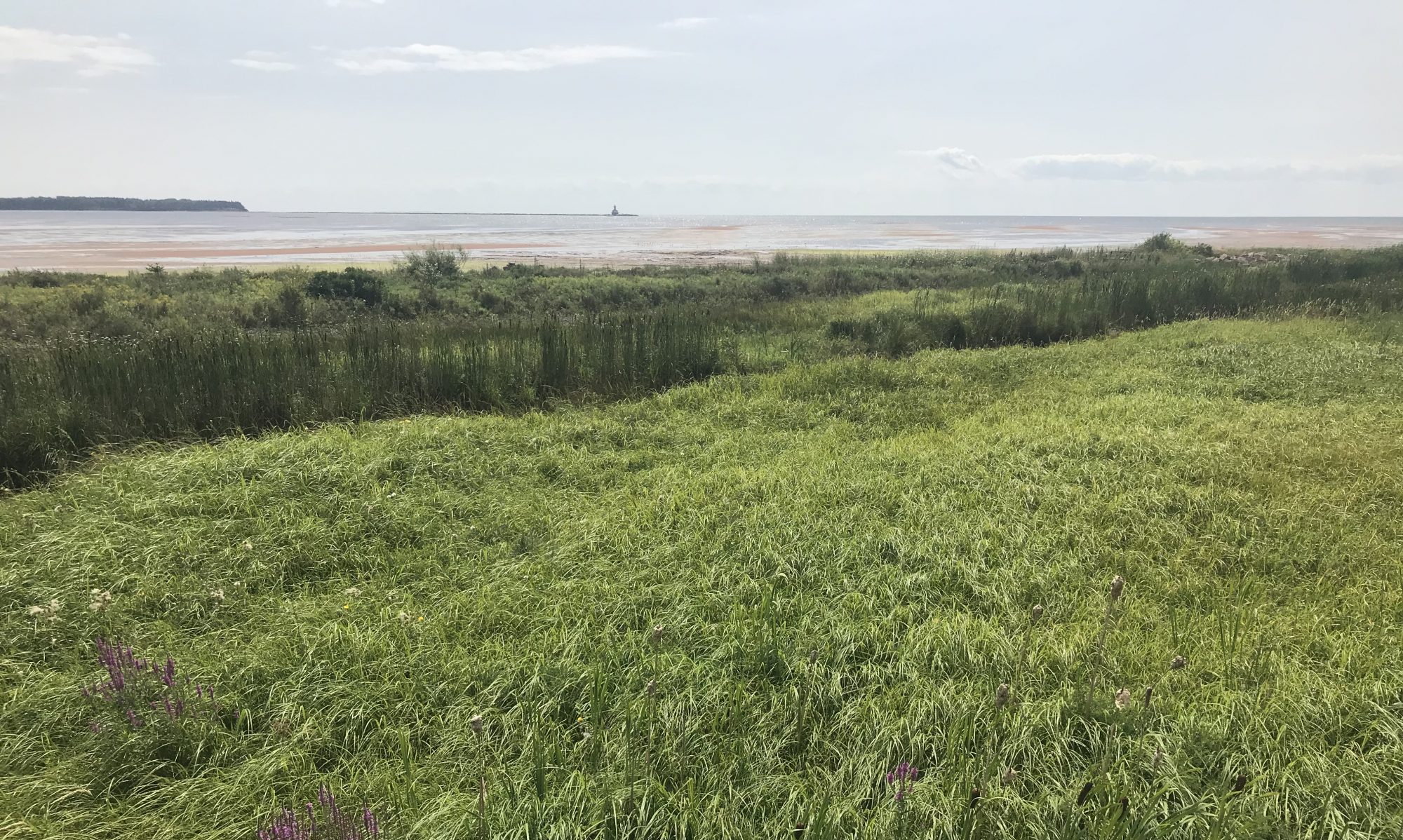
The view from the plane when I travel between my original home and my current home.
In reading my classmates’ blogs, I was struck by the amount of uniqueness in an individual’s definition of home. While many people referenced a sense of belonging and comfort, what produced that feeling often escaped definition; indeed, it seemed difficult to assign a name to the feeling of home that encapsulated what fully produced this sense of belonging. It’s easy to say that home is family or your house or being with your friends, but this definition doesn’t hold up for everyone. For many people, family is complicated. Many of my classmates referenced the complex dynamics of growing up with divorced parents, or of struggling through conflict with their parents and siblings. Even with the definition of home as family, who we consider to be family extends and contracts as we meet new friends, start new relationships, and (in the case of some of my classmates, although not myself), have children.
For others, ancestry and lineage played a much stronger role in their sense of home than it did for myself. Many people spoke of the ties to their family’s ancestral history, and even if they themselves had not lived in whichever nations and cultures held significance for them, were tied to that ancestry trough language, food, and practice. Many individuals wrote of beautiful sensory experiences that held strong memories for them, like cooking family recipes with their parents, or the feeling of being hugged by someone they love, or laughing with friends.
Others found their sense of home to be more internal, relying more on a sense of comfort within themselves; this was a feeling I loved reading about from others, because I’ve often found myself aspiring to a stronger sense of self. In the times where I’ve spent extended periods away from Canada, or at times where my life has undergone great transitions, I always find myself feeling a little ungrounded or uncertain, and I love knowing that for others, it is full and expansive simply to exist as oneself, no matter the location. That being said, many others identified a sense of dividedness with considering home that resonated strongly with me, whether that be due to geographical relocation, a family that is far away, or a deeper sense of misidentification with the location they reside in. Alternatively, others expressed a divided self in the sense of feeling at home in many places and with many different people, which, as someone who has done their undergrad degree away from their hometown and who has extended friends and family spread across the country, is a feeling that resonated with me.
Something I’ve noticed particularly with Canadians, which was echoed in the posts my classmates made, was a sense of connection to the geography and landscape of Canada; whether this was the Vancouver ocean, the rocky mountains, or the great lakes, many people identified natural spaces as contributing to their sense of home. Considering being in nature can elicit positive feelings, this seems to be somewhat biologically engrained in us; however, it wasn’t just identification with the memories of these places that produced a sense of home, but the spaces themselves (for example, while some people may love the beach because they spent a lot of time there with their family, others love the ocean who never grew up near the ocean and encounter it for the first time without a strong emotional background). Given the nature of our course, many people pointed out the complicated questions of entitlement and ownership that arise alongside this sense of identification with the land, given it is arguably not ours in the first place. It has left me with much to consider as we continue to disentangle these complicated questions.
I want to offer special thanks to Suzanne, Andrea, Ryan, Tamara, Kevin, and Anna, whose blog posts provided the thought-provoking contrasts and considerations here, and to everyone else who shared a little vulnerability in this assignment.
Works Cited
Harris, R. Cole. “Regionalism.” The Canadian Encyclopedia, 28 Oct 2015, www.thecanadianencyclopedia.ca/en/article/regionalism. Accessed 1 Feb 2019.
Williams, Florence. “How Just 15 Minutes of Nature Can Make You Happier.” TIME, 7 Feb 2017, time.com/4662650/nature-happiness-stress/. Accessed 1 Feb 2019.
